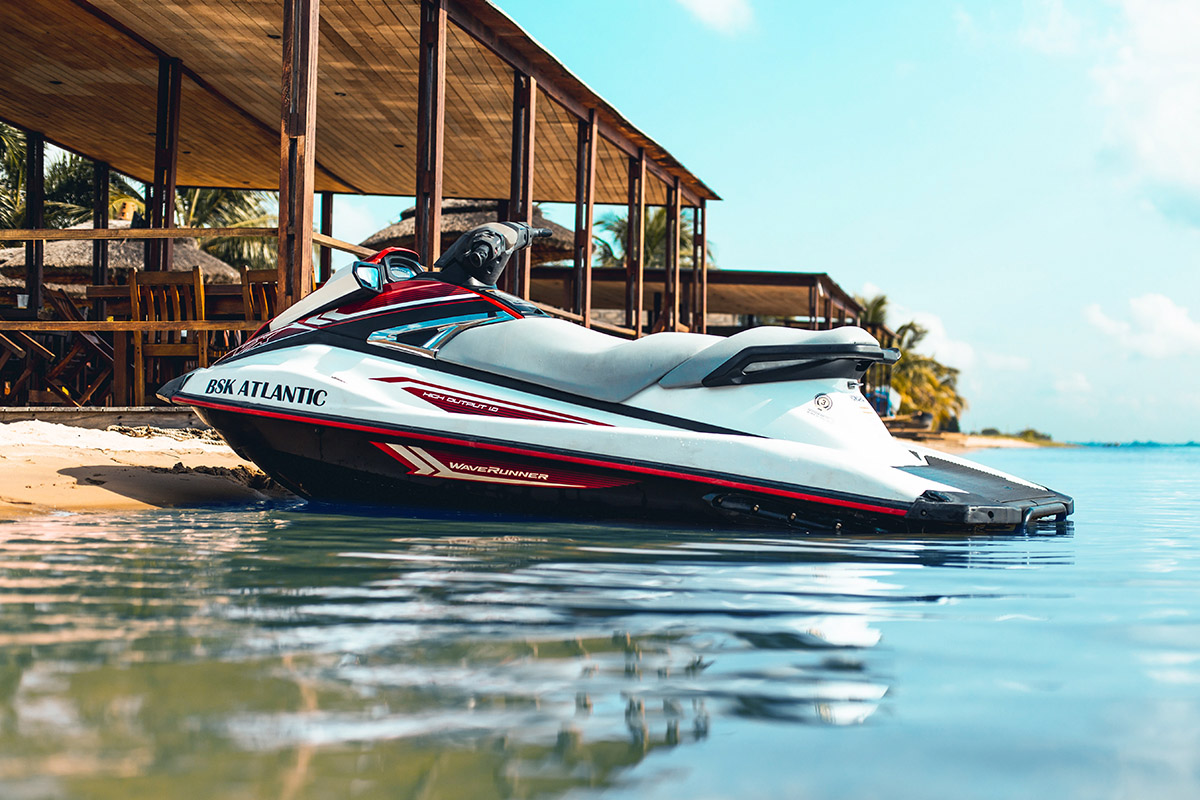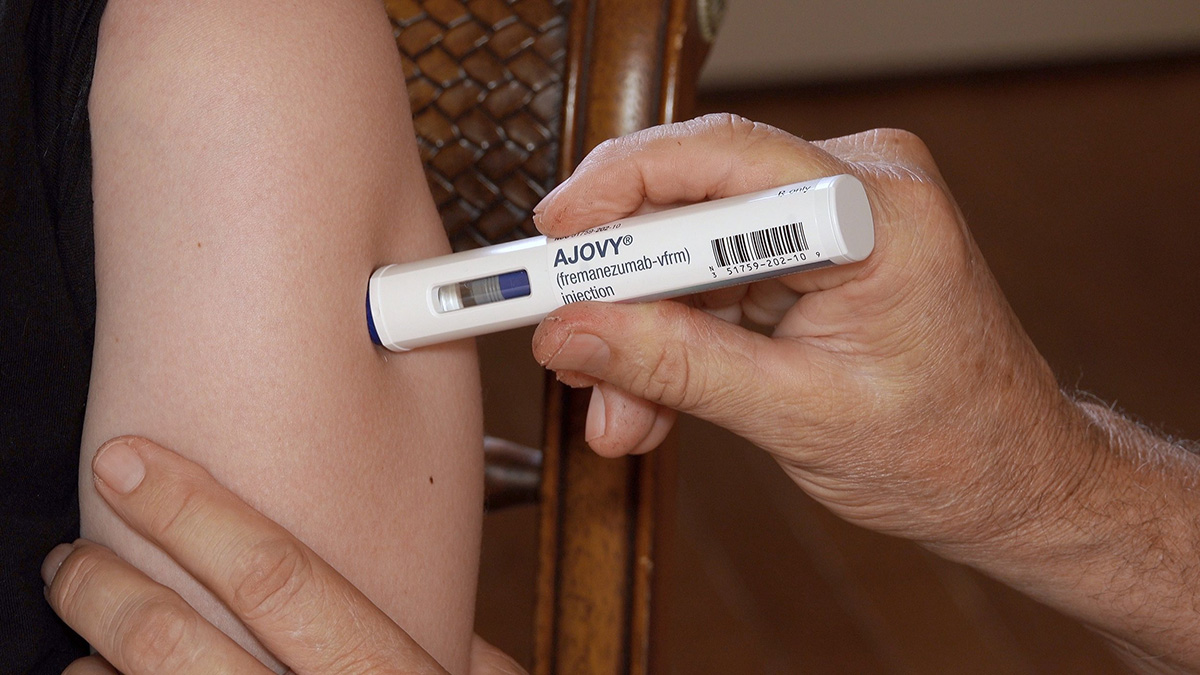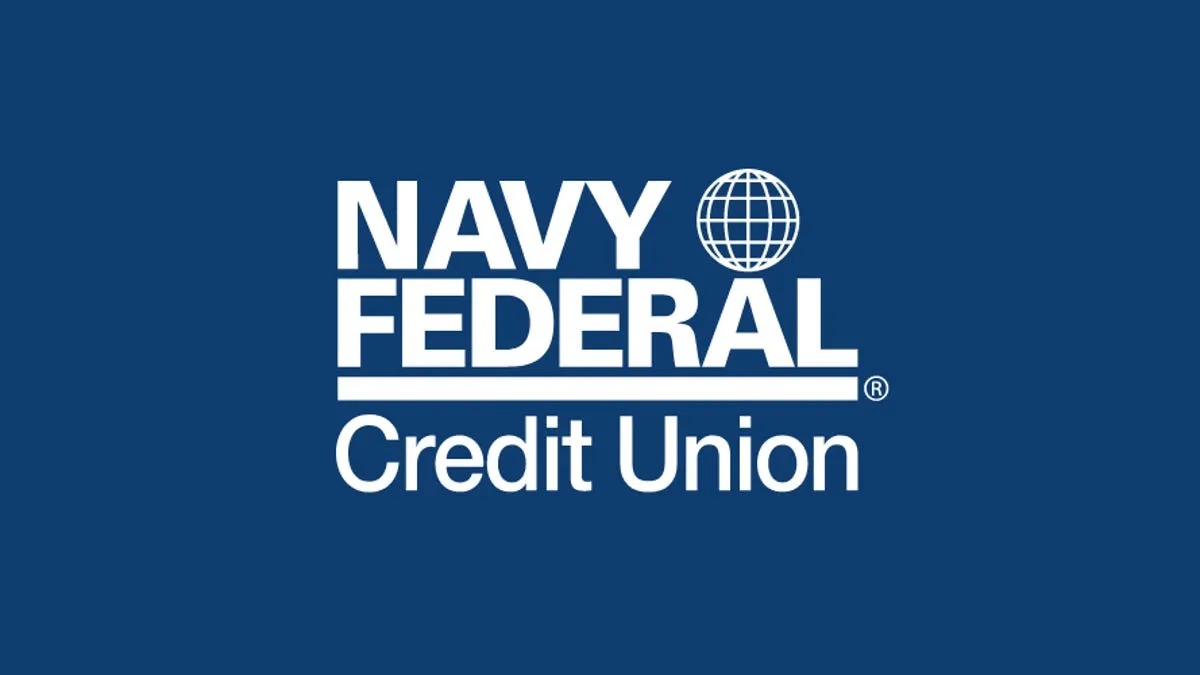

Finance
How Much Is PWC Insurance
Published: November 21, 2023
Protect your PWC with the right insurance coverage for your finance needs. Find out how much PWC insurance costs and get the best deal today!
(Many of the links in this article redirect to a specific reviewed product. Your purchase of these products through affiliate links helps to generate commission for LiveWell, at no extra cost. Learn more)
Table of Contents
Introduction
Welcome to the world of personal watercrafts, also known as PWCs. These popular recreational vehicles offer a thrilling and exhilarating experience for water enthusiasts. From jet skis to wave runners, PWCs provide a unique way to explore the open waters and enjoy aquatic adventures.
Just like any other vehicle, owning a PWC comes with the responsibility of protecting yourself, others, and your investment. This is where PWC insurance plays a crucial role. PWC insurance provides coverage for potential damages, accidents, and liabilities associated with owning and operating a personal watercraft.
Whether you’re a seasoned PWC owner or considering purchasing one, understanding the ins and outs of PWC insurance is essential. In this article, we will dive into the world of PWC insurance, exploring the factors that affect insurance rates, coverage options, and how much you can expect to pay for PWC insurance.
So, let’s hop on board and explore the enticing world of PWC insurance!
What is PWC Insurance?
PWC insurance, also known as personal watercraft insurance, is a specialized type of insurance that provides coverage for personal watercraft vehicles such as jet skis, wave runners, and sea-doos. It is designed to protect PWC owners from potential financial losses resulting from accidents, damages, and liabilities associated with owning and operating these recreational vehicles.
Similar to auto insurance, PWC insurance offers various types of coverage, including:
- Liability Coverage: This coverage protects you if you cause bodily injury or property damage to others while operating your PWC. It typically includes medical expenses, legal expenses, and property damage costs.
- Collision Coverage: This coverage helps cover the repair or replacement costs of your PWC if it is damaged in a collision with another vessel or object.
- Comprehensive Coverage: Also known as “all-risk” coverage, this protects your PWC against non-collision-related damages such as theft, vandalism, fire, or natural disasters.
- Uninsured/Underinsured Boater Coverage: This coverage kicks in if you are involved in an accident with a boater who does not have insurance or does not have sufficient coverage to compensate for your damages or injuries.
- Medical Payments Coverage: This covers medical expenses for injuries sustained by you or your passengers while operating the PWC, regardless of who is at fault.
- Accessory Coverage: This coverage protects any additional equipment or accessories attached to your PWC, such as navigation systems or fishing equipment.
- Emergency Assistance Coverage: This coverage provides assistance in case of emergency situations such as towing, fuel delivery, or on-water towing.
It’s important to note that PWC insurance requirements may vary depending on the state or country you reside in. Some states may require a minimum level of liability coverage, while others may not have specific requirements. It is always wise to check with your local authorities or insurance provider to understand the mandatory insurance requirements for operating a PWC in your area.
Now that we have a basic understanding of what PWC insurance is, let’s explore the factors that can affect PWC insurance rates.
Factors Affecting PWC Insurance Rates
When it comes to determining the cost of PWC insurance, several factors come into play. Insurance providers consider these factors to assess the risk associated with insuring a particular PWC and determine the premium you will need to pay. Understanding these factors can help you make informed decisions and potentially find ways to lower your insurance costs. Let’s take a closer look at some of the key factors that influence PWC insurance rates:
- Location: The location where you store and primarily use your PWC can impact your insurance rates. Insurance providers take into account factors such as the prevalence of accidents or theft in your area and adjust the rates accordingly.
- Experience and Age: Your experience level as a PWC operator and your age can influence your insurance rates. Generally, more experienced operators with a clean driving record are considered less risky and may receive lower premiums. Younger operators, especially those under the age of 25, may face higher rates due to their perceived higher risk.
- PWC Type and Model: Different types and models of PWCs come with varying levels of risk. Insurance providers consider factors such as the engine power, top speed, size, and overall performance capabilities of the PWC. Sports models or high-performance PWCs are often associated with higher insurance rates due to their increased risk potential.
- Usage and Storage: How often and where you use and store your PWC can impact your insurance rates. If you primarily use your PWC in calm lakes or rivers compared to turbulent oceans, you may receive more favorable rates. Additionally, storing your PWC in a secure location, such as a locked garage or marina, can lower the risk of theft or damage, potentially reducing your insurance premiums.
- Claims History: Your claims history, including any previous accidents or damages filed with insurance companies, can affect your PWC insurance rates. If you have a history of frequent claims or at-fault accidents, you may be considered a higher risk and face higher premiums.
- Insurance Deductible: The deductible you choose can impact your insurance rates. A deductible is the amount you agree to pay out of pocket before the insurance coverage kicks in. Opting for a higher deductible can lower your premium, but you should carefully consider your financial situation and ability to pay the deductible in the event of a claim.
Keep in mind that these factors can vary between insurance providers, and each provider may have its own algorithms and criteria for calculating insurance rates. It’s advisable to compare quotes from multiple insurance companies to find the best coverage and rates that suit your needs.
Now that we understand the factors affecting PWC insurance rates, let’s move on to exploring the coverage options available for PWC insurance.
Coverage Options for PWC Insurance
When it comes to PWC insurance, there are various coverage options available to ensure you have the right level of protection for your personal watercraft. Understanding these options can help you tailor your insurance policy to your specific needs and budget. Let’s explore some of the common coverage options offered by PWC insurance providers:
- Liability Coverage: Liability coverage is a fundamental component of PWC insurance. It provides protection in case you are held responsible for causing bodily injury or property damage to another person while operating your PWC. This coverage typically includes medical expenses, legal fees, and damages to the other party.
- Collision Coverage: Collision coverage covers the cost of repairs or replacement of your PWC if it is damaged due to a collision with another vessel, object, or if it overturns. This coverage ensures that you are financially protected in the event of an accident.
- Comprehensive Coverage: Comprehensive coverage protects your PWC from non-collision-related risks such as theft, vandalism, fire, or damage caused by natural disasters. It covers the cost of repairing or replacing your PWC if it is stolen or damaged by covered perils.
- Uninsured/Underinsured Boater Coverage: This coverage helps protect you if you are involved in an accident with a boater who either does not have insurance or does not have enough coverage to compensate for your injuries or damages.
- Medical Payments Coverage: Medical payments coverage, also known as personal injury protection, covers medical expenses for injuries sustained by you or your passengers while operating the PWC, regardless of fault. It helps cover medical bills, hospital stays, and other healthcare-related costs.
- Accessory Coverage: Accessory coverage provides protection for any additional equipment or accessories attached to your PWC, such as GPS devices, stereo systems, or fishing equipment. It ensures that your valuable accessories are covered in case of theft, damage, or loss.
- Emergency Assistance Coverage: This coverage offers added protection by providing assistance in case of emergencies while on the water. It may include services such as towing, fuel delivery, or on-water towing, ensuring that you are not left stranded in case of a breakdown or other emergencies.
Keep in mind that the availability of these coverage options may vary between insurance providers. It’s crucial to review and understand the specific coverage options and limits of each policy you consider to ensure it meets your requirements.
Now that we have explored the coverage options available for PWC insurance, let’s move on to the next crucial question: how much does PWC insurance cost?
How Much Does PWC Insurance Cost?
The cost of PWC insurance can vary based on several factors, including the value of your personal watercraft, your location, your experience as a PWC operator, the coverage options you choose, and the insurance provider you select. While it is difficult to provide an exact cost without specific details, we can discuss some general factors that influence the price of PWC insurance.
On average, PWC insurance can range from $150 to $500 per year. However, this estimate can increase significantly depending on various factors. For example:
- PWC Value: The value of your personal watercraft is a significant factor in determining the insurance cost. Generally, more expensive PWCs will have higher insurance premiums due to the higher cost of repairs or replacement.
- Location: Where you live and use your PWC can impact the insurance cost. High-risk areas with a higher likelihood of accidents, theft, or natural disasters may have higher insurance premiums compared to low-risk areas.
- Experience: Your experience and history as a PWC operator may affect your insurance rates. Typically, individuals with more experience and a clean driving record may receive lower premiums compared to novice operators or those with previous accidents.
- Coverage Options: The coverage options and limits you choose will affect the insurance cost. Policies with higher coverage limits and additional features, such as comprehensive and collision coverage, may result in higher premiums.
- Deductible: The deductible is the amount you agree to pay out of pocket before the insurance coverage kicks in. Opting for a lower deductible may increase your premium, while a higher deductible can lower your premium.
To determine the exact cost of PWC insurance for your specific situation, it is recommended to request quotes from multiple insurance providers. By comparing quotes and considering the factors mentioned above, you can find a policy that meets your needs both in coverage and affordability.
Remember, while cost is an important aspect, it is equally crucial to ensure that you have adequate coverage to protect yourself, your passengers, and your investment in your personal watercraft.
Now that we have discussed the cost of PWC insurance, let’s explore some tips for saving money on PWC insurance.
Tips for Saving Money on PWC Insurance
While PWC insurance is a necessary investment, there are several strategies you can employ to save money on your insurance premiums. Here are some helpful tips:
- Shop Around: Don’t settle for the first insurance quote you receive. Shop around and compare multiple insurance providers to find the best coverage and rates that suit your needs.
- Bundle Policies: Consider bundling your PWC insurance with other insurance policies, such as auto or homeowners insurance, with the same provider. Insurance companies often offer multi-policy discounts, which can result in significant savings.
- Take a Safety Course: Completing a safety course specific to PWC operation can demonstrate your commitment to safe riding practices. Many insurance companies offer discounts to individuals who have successfully completed approved safety courses.
- Install Safety Equipment: Equipping your PWC with safety features such as GPS tracking, anti-theft devices, or safety lanyards can reduce the risk of accidents or theft. Some insurance providers offer discounts for installing these safety features.
- Increase Deductible: Opting for a higher deductible can lower your insurance premium. However, make sure you choose a deductible that you can comfortably afford to pay out of pocket in the event of a claim.
- Maintain a Clean Driving Record: Avoid accidents and traffic violations to maintain a clean driving record. Insurance companies often offer discounts or rewards for safe driving practices.
- Consider Seasonal Coverage: If you only use your PWC during specific seasons, consider purchasing seasonal coverage rather than a year-round policy. This can result in cost savings since you are only paying for coverage during the time you actually use your PWC.
- Review Your Coverage Annually: Regularly review your insurance coverage to ensure it aligns with your current needs. As your PWC ages or your circumstances change, you may be able to adjust your coverage options to save money.
Remember, saving money should not come at the expense of adequate coverage. It’s important to strike a balance between affordable premiums and comprehensive protection for your personal watercraft. Discuss your specific needs and budget with insurance providers to find the best options available.
By implementing these money-saving tips and taking the time to research and compare insurance options, you can find affordable and reliable coverage that offers peace of mind during your PWC adventures.
Now that we’ve explored tips for saving money on PWC insurance, let’s wrap up our discussion.
Conclusion
PWC insurance is a crucial aspect of owning and operating a personal watercraft. It provides essential protection against potential accidents, damages, and liabilities that can arise while enjoying your PWC. Understanding the ins and outs of PWC insurance can help you make informed decisions and ensure that you have the right level of coverage for your needs.
In this article, we explored what PWC insurance is and the various coverage options available, including liability coverage, collision coverage, comprehensive coverage, and more. We also discussed the factors that can influence PWC insurance rates, such as location, experience, PWC type, and deductible. Additionally, we provided tips on how to save money on PWC insurance, including shopping around, bundling policies, and maintaining a clean driving record.
Remember, while cost is an important consideration, it is equally important to ensure that you have adequate coverage to protect yourself, your passengers, and your investment in your personal watercraft. Take the time to research and compare insurance providers, review your coverage options annually, and consider the specific needs of your PWC and your budget.
Now that you have a better understanding of PWC insurance, you can confidently navigate the waters knowing that you have the right protection in place. So, gear up, hit the waves, and enjoy the thrilling adventures that await you with the peace of mind provided by PWC insurance!














